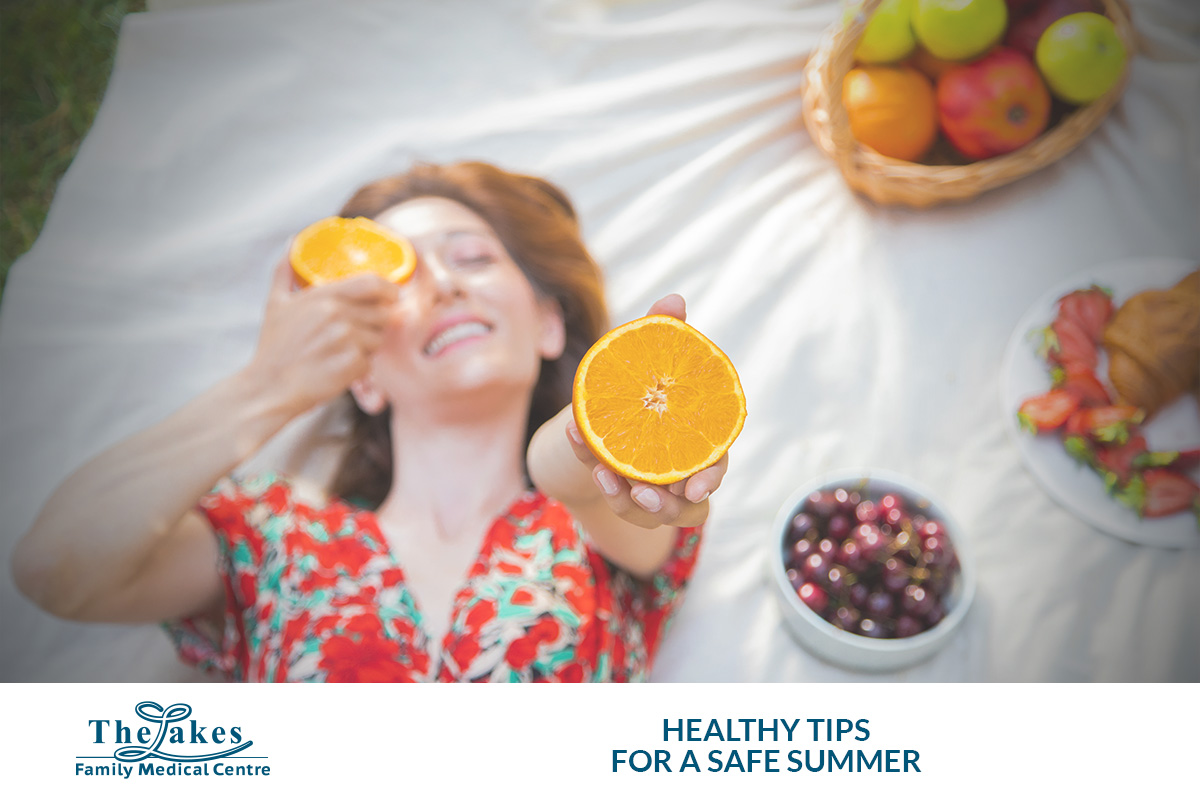
Summer in Brisbane and across Queensland is a season filled with sunshine, beach days and outdoor adventures. While it is the perfect time to relax and enjoy the outdoors, it is also important to follow essential tips for a safe summer. The Australian summer brings health challenges such as extreme heat, high UV exposure, insect bites and food safety risks that require a little extra care.
At Lakes Family Medical Centre, we want to help you and your family enjoy the season safely. This guide shares practical and evidence-based summer health tips so you can stay safe, healthy and energised all summer long.
Sun Safety Tips for Summers
Australia’s sun is among the harshest in the world and unprotected exposure can cause sunburn, premature ageing and increase the risk of skin cancer. Sun safety should always be part of your daily routine.
- Apply broad-spectrum sunscreen (SPF 30 or higher) and reapply every two hours, especially after swimming or sweating.
- Wear lightweight, protective clothing, wide-brimmed hats and sunglasses to reduce UV exposure.
- Seek shade between 10 am and 4 pm when UV levels are highest.
- Plan outdoor activities for early mornings or late afternoons to avoid peak sun intensity.
By practising sun safety, you can enjoy Brisbane’s outdoors while protecting your skin.
Staying Hydrated in Summer
The hot and humid weather in Queensland increases your risk of dehydration. To keep your body healthy and prevent fatigue:
- Drink at least 8–10 glasses of water daily, increasing your intake if you exercise or spend time outdoors.
- Limit sugary and caffeinated drinks, as they can worsen dehydration.
- Eat hydrating foods such as watermelon, cucumber and citrus fruits.
When you stay hydrated, you maintain energy levels, improve concentration and reduce your risk of heat stress.
Water Safety Tips for Families
Swimming is a favourite summer activity, but water safety is critical to prevent accidents and drowning. Whether you are at the beach, pool or lake, remember these guidelines:
- Always supervise children around water, even if they can swim.
- Swim between the red and yellow flags at patrolled beaches.
- Avoid swimming alone and know your limits in rough conditions.
- Stay alert to rips, tides and currents.
By following these water safety tips, you can enjoy Brisbane’s beaches and pools with confidence.
Preventing Heat Stress and Heatstroke
Queensland summers often bring heatwaves, which can cause heat exhaustion or heatstroke if precautions are not taken. Protect yourself and your family with these steps:
- Schedule outdoor activities during cooler times of the day.
- Use air conditioning, fans or cool showers to regulate body temperature.
- Recognise signs of heat stress such as heavy sweating, dizziness or nausea. If symptoms appear, rest, rehydrate and cool down immediately.
Preventing heat-related illnesses helps you enjoy summer safely without putting your health at risk.
Summer Food Safety Tips
Foodborne illnesses increase in hot weather, especially during barbecues, picnics and outdoor celebrations. To avoid food poisoning:
- Keep perishable foods chilled in a Cooler with ice packs.
- Store raw and cooked foods separately to prevent cross-contamination.
- Cook meat thoroughly, especially poultry and seafood.
- Avoid leaving food out in the sun for more than two hours.
Safe food practices mean you can enjoy your summer gatherings without health concerns.
Protecting Against Insects in Summer
Mosquitoes, ticks and other insects are more active during warm months. To protect yourself and your family:
- Apply insect repellent containing DEET or picaridin.
- Wear light-coloured, long-sleeved clothing in the evenings.
- Remove stagnant water around your home to reduce mosquito breeding grounds.
These steps reduce the risk of insect bites and insect-borne diseases.
Healthy Summer Eating Tips
Light, fresh meals are better suited to hot weather and help you stay energised. To improve your summer diet:
- Add seasonal fruits and vegetables like mangoes, berries, tomatoes and leafy greens.
- Opt for lean proteins, salads and grilled meals over heavy or fried foods.
- Replace sugary snacks with yoghurt, smoothies or fruit-based options.
Healthy eating supports energy, digestion and overall wellbeing during the summer months.
Safe Summer Exercise Tips
Staying active is important, but exercising in the heat requires caution. To exercise safely in summer:
- Exercise early in the morning or later in the evening when it is cooler.
- Drink water before, during and after physical activity.
- Take breaks if you feel overheated and rest in shaded areas.
- Consider indoor alternatives like yoga, swimming or walking at shopping centres.
With the right timing and hydration, you can maintain your fitness without risking your health.
Planning Safe Summer Outings
Timing your outings makes a big difference to your safety and comfort in summer. To enjoy outdoor activities safely:
- Walk or exercise during cooler parts of the day, such as sunrise or sunset.
- On high UV days, opt for indoor options such as shopping centre walking groups.
- Make outings social by inviting friends or family along for extra motivation.
By planning ahead, you reduce risks while still enjoying an active summer lifestyle.
Conclusion
Summer is a time to enjoy the sunshine, connect with friends and family and stay active. However, it is important to protect your health with smart choices. By practising sun safety, staying hydrated, preventing heat stress and following food and water safety tips, you can embrace everything summer has to offer without unnecessary risks. At Lakes Family Medical Centre, we encourage our community to prioritise health and safety during the warmer months. With a few simple adjustments, you and your loved ones can enjoy a healthy, happy and safe summer in Queensland.
Learn more :




